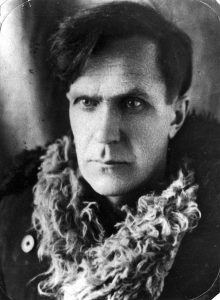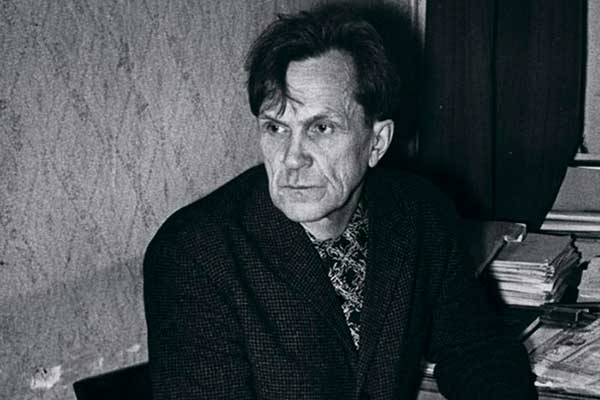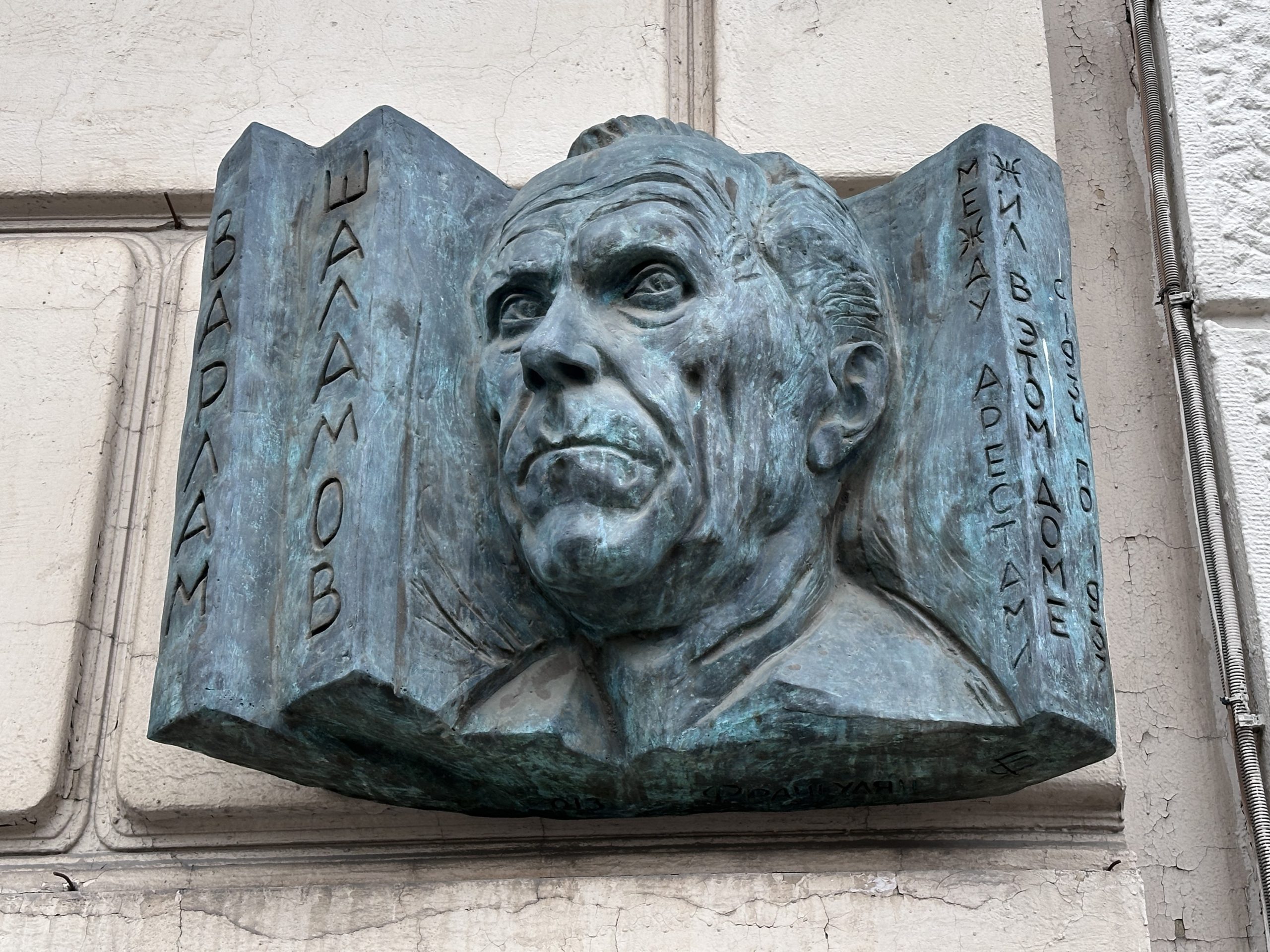Varlam Tikhonovich
Shalamov
1907-1982

Varlam Shalamov was a Soviet writer and poet, best known for his autobiographical works such as The Kolyma Stories. He was born in Vologda in a family of priests, where the male line had served the Russian Orthodox Church for generations. From a young age, he showed an interest in reading, and by the age of seven, he had already begun attending the gymnasium. However, the revolution interrupted his education, and it was not until 1924 that he received a school certificate. After leaving school, Shalamov moved to Moscow and found work at a factory. A few years later, he entered Moscow State University but was soon expelled for unknown reasons. In 1927, he was arrested for his involvement in an underground group and sentenced to prison camps, where he had spent many years. He worked at various labour facilities, including a chemical plant and gold mines. In 1932, he was able to return to Moscow for a short period of time, but soon he was sent back to the camps, where he continued to work under difficult conditions. He was not released until October 1951. After his release, V.T. Shalamov wrote a letter to Boris L. Pasternak, enclosing poems he had written while in the camps. Pasternak provided a critical evaluation of Shalamov’s work, but at the same time encouraged him to continue writing. Varlam Tikhonovichcontinued to create poetry and short stories after his release. His main work was “Kolyma Tales”, a collection of stories that depicted his time in the camps. Through these stories, he showed how harsh living conditions could drastically transform a person, robbing them of their humanity and leaving them focused only on survival. In addition, Shalamov published a collection of poems, the childhood story “The Fourth Vologda”, and the novel “Vishera”, where he shared his experience in the camps. A memorial plaque has been installed in Moscow in his memory.
Address: Moscow, Chisty lane, 8, building 1

